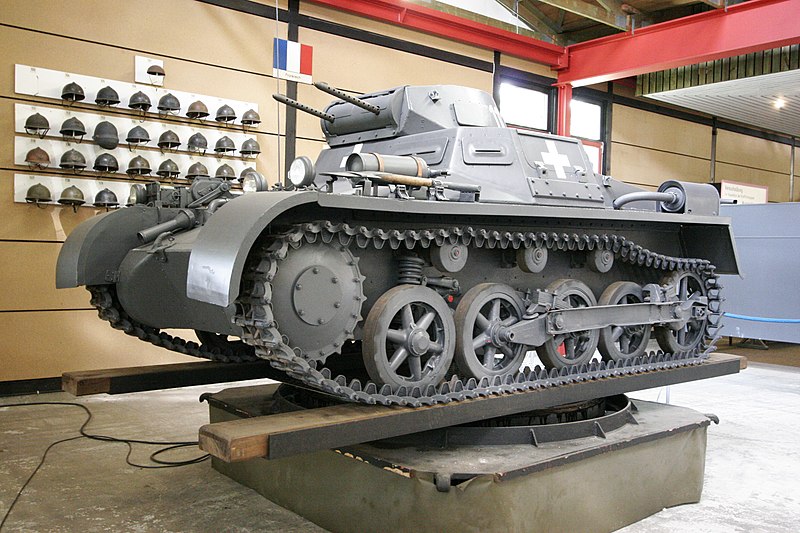
Czech CKD TNH 8.2 ton tank, later renamed BMM by Germans:

…might well be the prelude to a lightning attack.
Isn’t there a word for that in German?
A second article is entitled “Poland Denies ‘Buffer Bloc’ Plan,” an interesting account of how Germany and the democracies were keeping their eyes on Poland during this period.
PS. The first part of that same Santayana quote is "Progress, far from consisting in change, depends on retentiveness. When change is absolute there remains no being to improve and no direction is set for possible improvement: and when experience is not retained, as among savages, infancy is perpetual. " As among savages, infancy is perpetual - that is a perfect description for the party of His Holy Changeness whose middle name must never be spoken.
Seems to me, the Czech and German forces were not quite as mis-matched as this report suggests. In 1938 Hitler's forces still had a long way to go to match the fierce image of military power that Hitler was projecting to the world.

Czech CKD TNH 8.2 ton tank, later renamed BMM by Germans:

…Runciman puttered about in the Sudetenland and in Prague, making ever more friendly gestures to the Sudeten Germans and increasing demands on the Czech government to grant them what they wanted. Hitler, his generals and his Foreign Minister were frantically busy. On August 23, the Fuehrer entertained aboard the liner Patria in Kiel Bay during naval maneuvers the Regent of Hungary, Admiral Horthy, and the members of the Hungarian government. If they wanted to get in on the Czech feast, Hitler told them, they must hurry. “He who wants to sit at the table,” he put it, “must at least help in the kitchen.” The Italian ambassador, Bernardo Attolico, was also a guest on the ship. But when he pressed Ribbentrop for the date of “the German move against Czechoslovakia” so that Mussolini could be prepared, the German Foreign Minister gave an evasive answer. The Germans, it was plain, did not quite trust the discretion of their Fascist ally. Of Poland they were now sure. All through the summer Ambassador von Moltke in Warsaw was reporting to Berlin that not only would Poland decline to help Czechoslovakia by allowing Russia to send troops and planes through or over her territory but Colonel Jozef Beck, the Polish Foreign Minister, was casting covetous eyes on a slice of Czech territory, the Teschen area. Beck already was exhibiting that fatal shortsightedness, so widely shared in Europe that summer, which in the end would prove more disastrous than the could possibly imagine.
William L. Shirer, The Rise and Fall of the Third Reich, Pg. 377
[Note: I was surprised to see that Jodl was a mere colonel this late. I did a short search and read that he was promoted to major general in 1935. So I don’t know what the real story is.-Homer]
At OKW (the High Command of the Armed Forces) and at OKH (the High Command of the Army) there was incessant activity. Final plans were being drawn up to have the armed forces ready for the push-off into Czechoslovakia by October 1. On August 24, Colonel Jodl at OKW wrote an urgent memorandum for Hitler stressing that “the fixing of the exact time for the ‘incident’ which will give Germany provocation for military intervention is most important.” The timing of X Day, he explained, depended on it.
No advance measures [he went on] may be taken before X minus 1 for which there is not an innocent explanation, as otherwise we shall appear to have manufactured the incident. . . . If for technical reasons the evening hours should be considered desirable for the incident, then the following day cannot be X Day, but it must be the day after that. . . . It is the purpose of these notes to point out what a great interest the Wehrmacht has in the incident and that it must be informed of the Fuehrer’s intention in good time – insofar as the Abwehr Section [Army Intelligence-Homer] is not also charged with organizing the incident.
William L. Shirer, The Rise and Fall of the Third Reich, Pg. 377